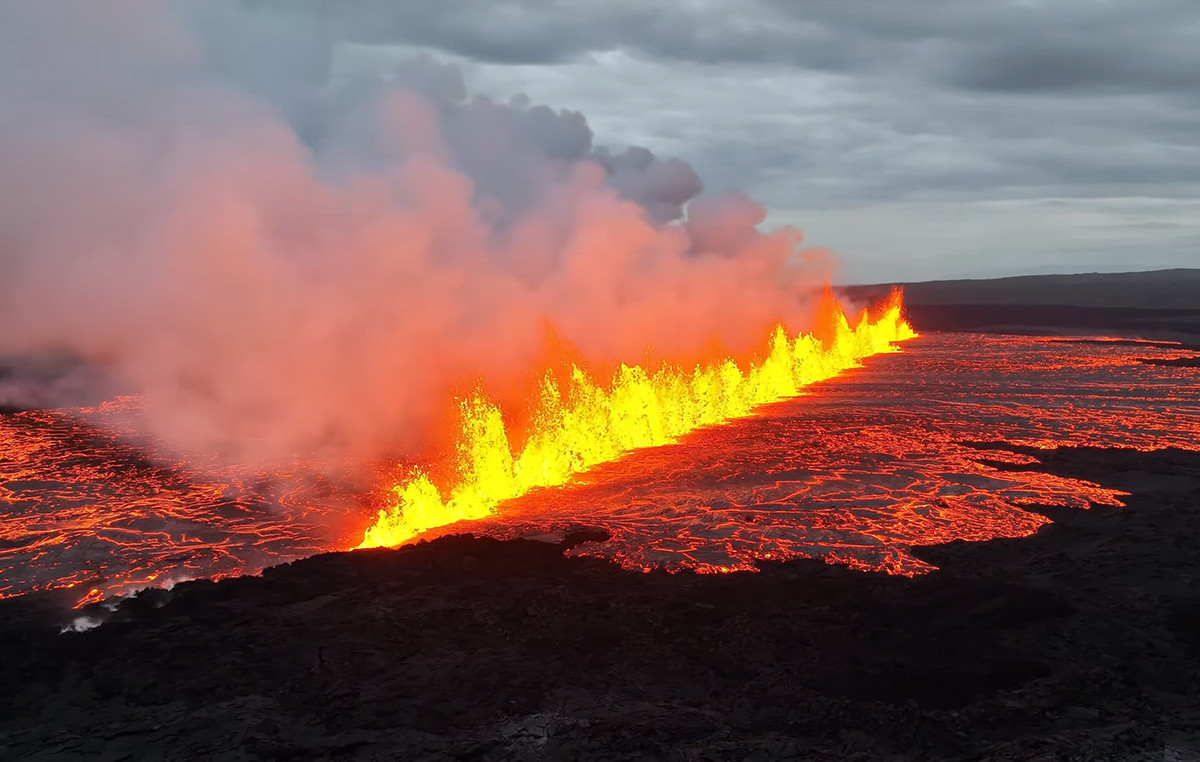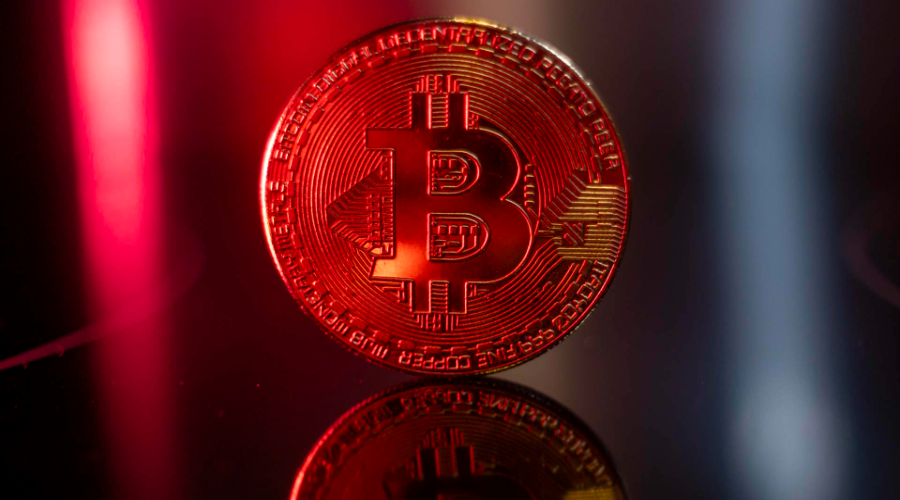We know well that A more sustainable and fair world is a goal achievable only thanks to a collective effortmade of small gestures by each of us. But the change is often complex, almost always tiring; For this reason, the role of the institutions is central: it is up to them to find the right levers so that everyone can live with a lighter impact.
The European Union is one of these and we have met Annalisa CorradoEngineer and Italian MEPs in the Environment Commission, Climate and Food Safety, to which we asked how our efforts go to combat climate change, protect our territories from extreme events, and ultimately guarantee a safer and healthier future for all children who populate the world today.
Annalisa Corrado, a recent investigation He says that young Italians are those for whom political initiatives on climate change are more urgent; It surprises her?
“No. The guys I meet in Italy are those with more skills and availability for change ».
For example, in which sectors?
«In the diet, for example, where the reduction of meat is an acquired fact; But also in the propensity to sharing or exchange used clothes. Those who worry me about these aspects are rather those who claim that young people do nothing, who are alone on the mobile phone, and then maybe they come to a debate with the SUV ».
In your opinion, have we finally understood that a change in our lifestyles is urgent?
«Some people know that this change is not only necessary, but makes life easier and more beautiful. However, it is still a niche, which often lives in the center of large cities where, for example, taking public transport does not involve a quantum leap. Indeed, you soon realize that sustainability saves you money and having a healthier life ».
Then there are people who would like to change but the difficulties discourage them.
“Yes, and they get angry because the infrastructures that allow that transformation are missing: it is difficult to ask for titanic efforts from people, in some cases it becomes a boomerang”.
A recurring speech when we speak, for example, of electric mobility.
«I believe that the political response to the petrol car is not the electric car, but an efficient low -cost public transport system. Politics must make sustainable lifestyles accessible and to do so you need common investments aimed at infrastructure for decarbonisation (the process that aims to replace fossil fuels, such as oil and coal, with renewable energy sources, editor’s note) »
But therefore sustainability does not always involve a greater economic disbursement?
«No, indeed. I would never have expected to lead my first period to the Europeanulation by repeating the need to cut the bills ».
And what do bills have to do with environmental sustainability?
«The point is that this cut can derive from the reduction of the use of gas, resorting to renewables and other tools which, coincidentally, contribute to decarbonisation. The communication here has an important role: if you start from the fight against the climatic crisis, maybe they listen to you in three, if you start from the bills with solutions that lead to greater sustainability, then many listen to you ».
In Italy we also have an emerging theme relating to the loveourism; What do you think about it?
«We have just begun to take note of a phenomenon that was seen coming from afar, especially in the cities of art of our country. It is not just the fault of the short rents, but if before it was also nice that I would rent the extra room to tourists, now there are problems that bind over the Outmink to the right to the house, because rents in city centers increase constantly or are difficult to find ».
What consequences do they worry about this phenomenon?
«For example, those on the work fabric: in Bologna there are no drivers because living in the city costs too much. This theme should be addressed with greater political determination because the most fragile bands risk being expelled from the cities ».
The European Union has made sustainability its own identity, especially thanks to the Green Deal; Instead, today must it be defended in your opinion?
«Yes, absolutely. Although Mario Draghi’s assessments say that European competitiveness passes through the decarbonisation, of which the green deal is largely synonymous, today in several countries there have been parties that have identified the main enemy in this plan, with many fake news and mystifications ».
Yet thanks to the Green Deal they are different The environmental parameters in improvement in Europe; Which instead must be accelerated on?
«On those who affect ecosystems. Decarbonization in industry is now affirmed (and requested by the markets) so it is unlikely that you can go back, but some aspects of adaptation to the climatic crisis, from the health of the soil to that of the waters passing through the deforestation, risk being put on stand by “.
What European initiatives do you think interesting on these issues?
«An intergroup on Civil Protection and the management of extreme events was recently established. There is a great job to do on these aspects also at school: as we have been prepared by kids in the event of an earthquake or fire, it is essential that culture is done on how to react to violent climatic events “.
What is the further step that the European Union should do now?
«A qualitative leap to stronger institutions. In energy, for example, each country of the Union has its own plan, but in front of giants like China and the USA we should make common investments. The geopolitical delirium we live can be a lever to get to a Europe that speaks with one voice ».
Source: Vanity Fair
I’m Susan Karen, a professional writer and editor at World Stock Market. I specialize in Entertainment news, writing stories that keep readers informed on all the latest developments in the industry. With over five years of experience in creating engaging content and copywriting for various media outlets, I have grown to become an invaluable asset to any team.







